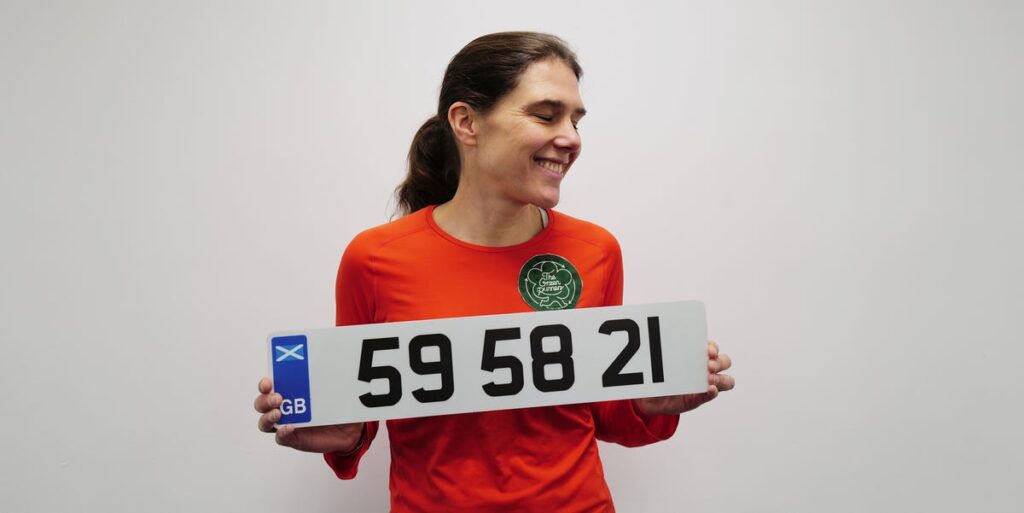Jasmin Paris, a prominent figure in ultrarunning, seamlessly blends a rigorous professional life as a veterinary lecturer with an unwavering commitment to her sport. Her journey, characterized by persistence and resilience, is an illustration of the mental and physical endurance that experienced athletes inherently understand.
Paris’s athletic narrative began later than most; while her foundation was built through hill walking in childhood, she ventured into competitive running only after joining the outdoor society at university. This shift was not a sudden leap but a gradual evolution—moving faster over terrain she loved, drawing upon early experiences in wild spaces to fuel her transitions.
One particularly notable chapter in her career is her triumph at the Barkley Marathons, a race notorious for its difficulty. The completion of this event, which Laz Lake had suggested would remain out of reach for women, reflects not just a personal victory, but a profound example of redefining limits through sheer willpower and methodical preparation. However, it wasn’t merely the triumph itself that constructed her narrative; it was the years of dedication, countless failures, and incremental learning that led her to the finish line.
The years of training, entwined with her professional life and responsibilities as a mother, project a balance that seasoned endurance athletes recognize as crucial. She fit her early morning runs into a tight schedule, emphasizing the importance of habitual training and intentionality. The act of running, for her, becomes a meditative process that reconnects her with the elemental aspects of her existence.
Paris’s approach to injury is refreshingly pragmatic. Rather than shying away from difficulties, she has built strength and resilience around her chronic knee issues, adapting her training to fortify her weaknesses. This is a universal endurance lesson: adaptation is key. Recognizing one’s limits, addressing them through strength work, and maintaining a competitive spirit without succumbing to frustration is an experience many athletes relate to deeply.
Community building has also been an essential element of her journey. As a co-founder of The Green Runners, Paris embodies the understanding that endurance sports and sustainability can coexist. She leverages her platform, not for self-aggrandizement, but to advocate for environmental awareness and support greater female participation in a traditionally male-dominated sphere. This commitment illustrates the collective responsibility athletes carry—not just to themselves but to the community they foster through shared passions.
Pacing in endurance sports is often as much a mental exercise as a physical one. Paris reflects on her unique approach; she does not identify predominantly as a female runner when engaged in her craft. Instead, she emphasizes the perspectives one brings to the endeavor—focusing on identity as an athlete rather than being defined by gender or external expectations. This mindset serves to reinforce an athlete’s motivation: it’s about the pursuit, the thrill, and the essence of the sport itself rather than accolades or recognition.
In the wake of significant accomplishment, Paris’s reflections reveal something that resonates with seasoned athletes: the journey seldom ends with a single impressive feat. It often evolves into new paths, further slopes to climb. For endurance athletes, the core takeaway is simple yet profound: no finish line defines you—rather, it is the continual pursuit of what lies beyond that shapes the athlete’s spirit. In every session, every mile, and every moment in the wild, there exists the potential for personal growth, new challenges, and the commitment to the deeper journey ahead.
